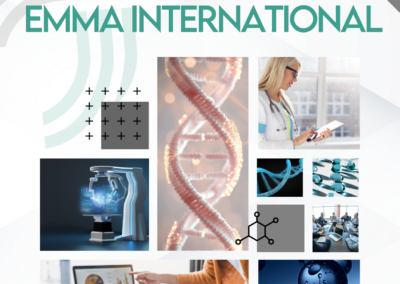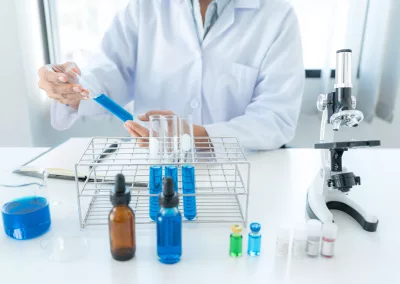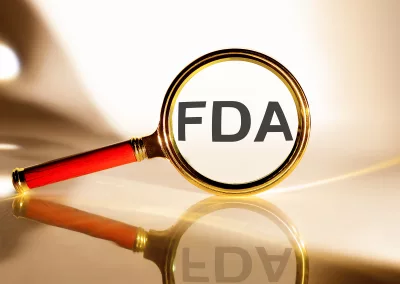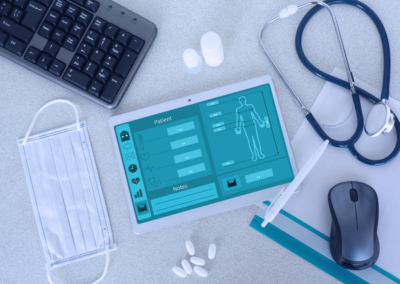COVID-19 Consulting
The COVID-19 pandemic has introduced unprecedented challenges to the medical device and life-sciences industry. From PPE shortages, remote audits, delays in regulatory processes, and much more.
EMMA International has stayed on top of the ever changing quality and regulatory landscape amidst the global public health emergency and has compiled the following resources to keep the life-science industry informated, to ensure life-saving products get to market, and stay on the market.
Ready to learn more about working with us?

COVID-19 Resources




